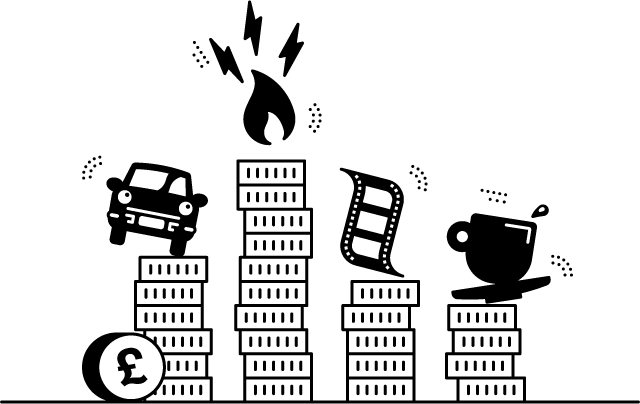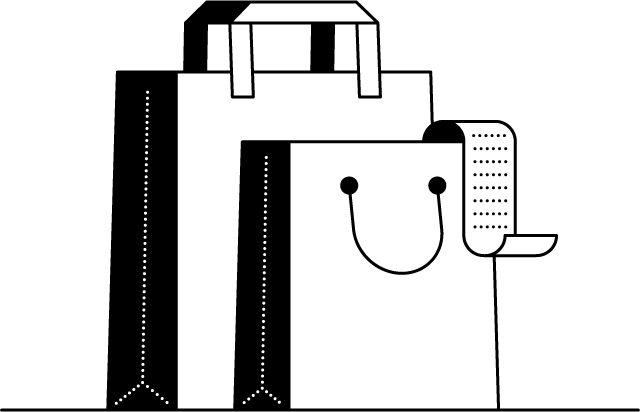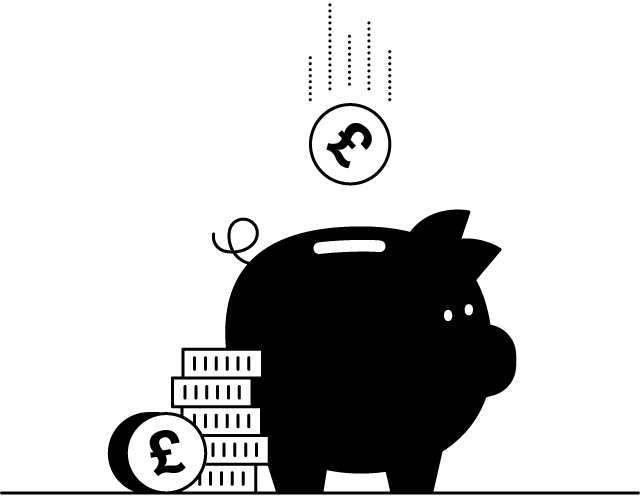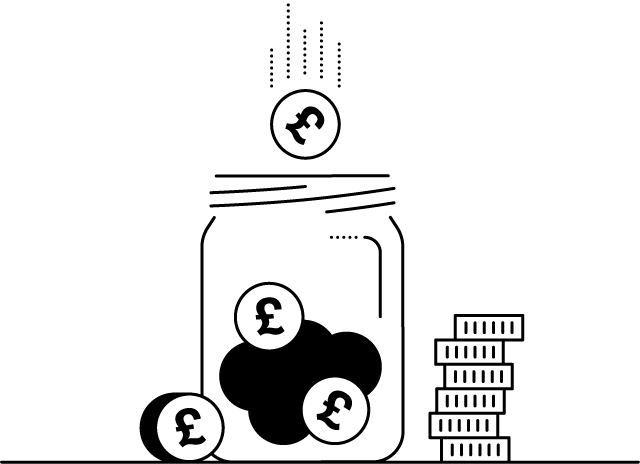Working out what you can afford each month
There’s no point in getting the keys to your own place if you can’t afford to actually live in it. There’s a lot of pressure on people to get on the property ladder – but it only makes sense if you can feed yourself and enjoy some sort of social life at the same time.



